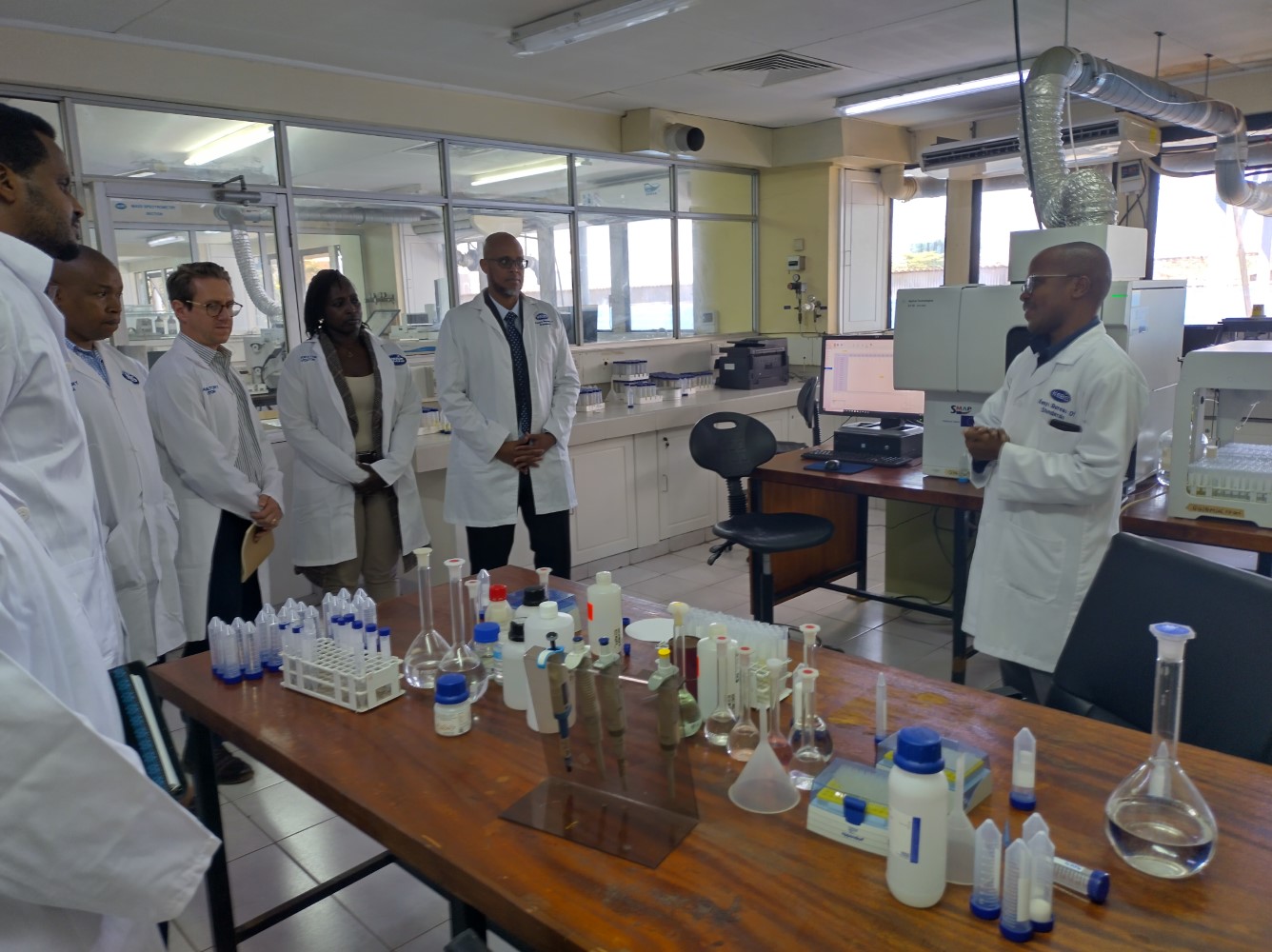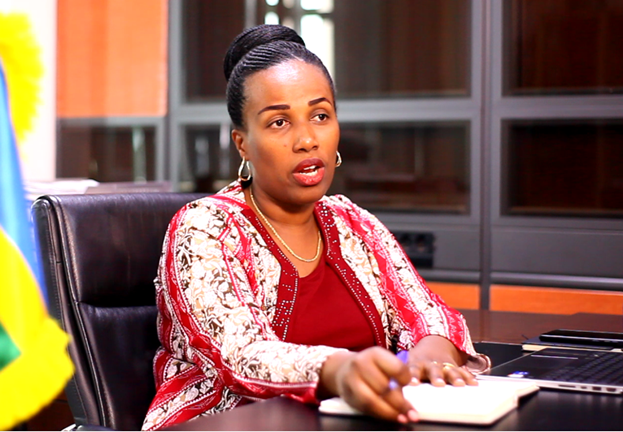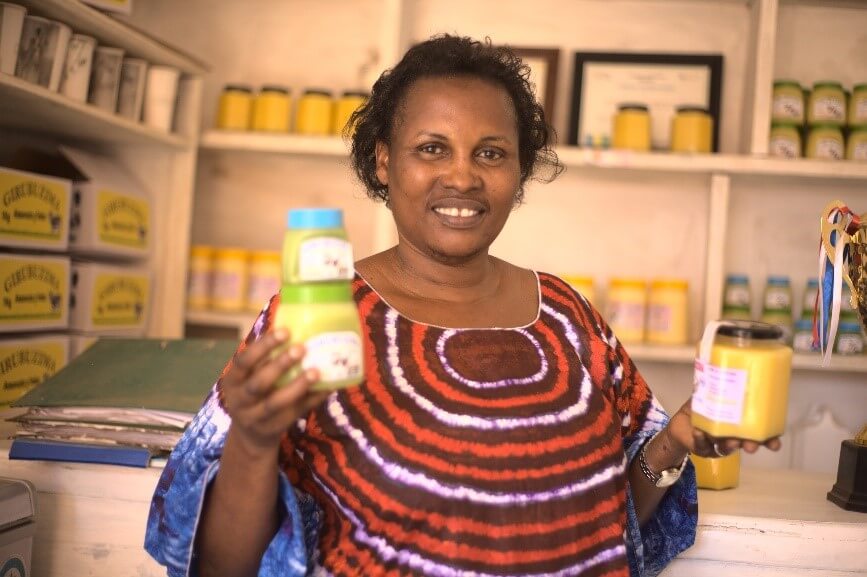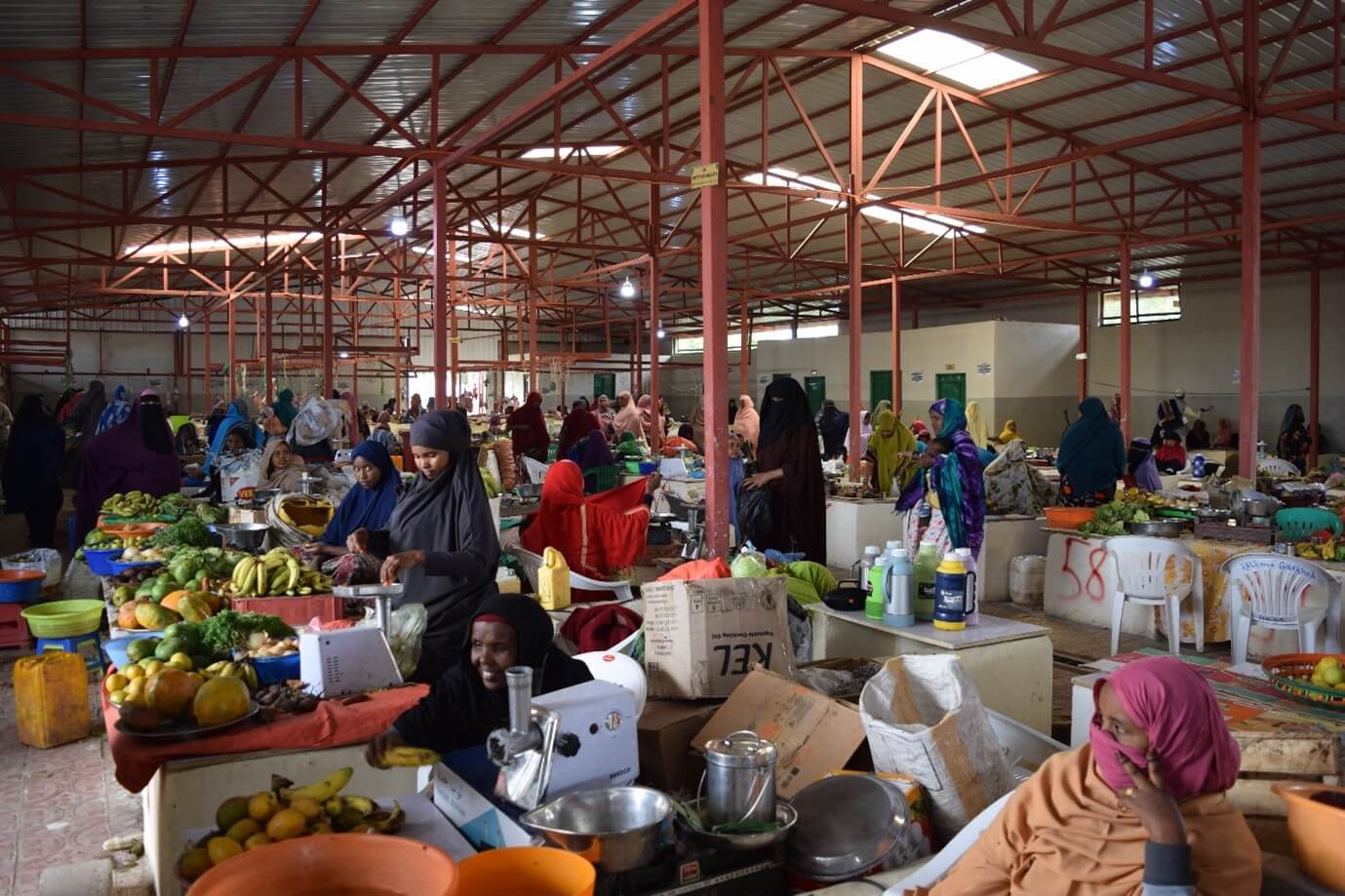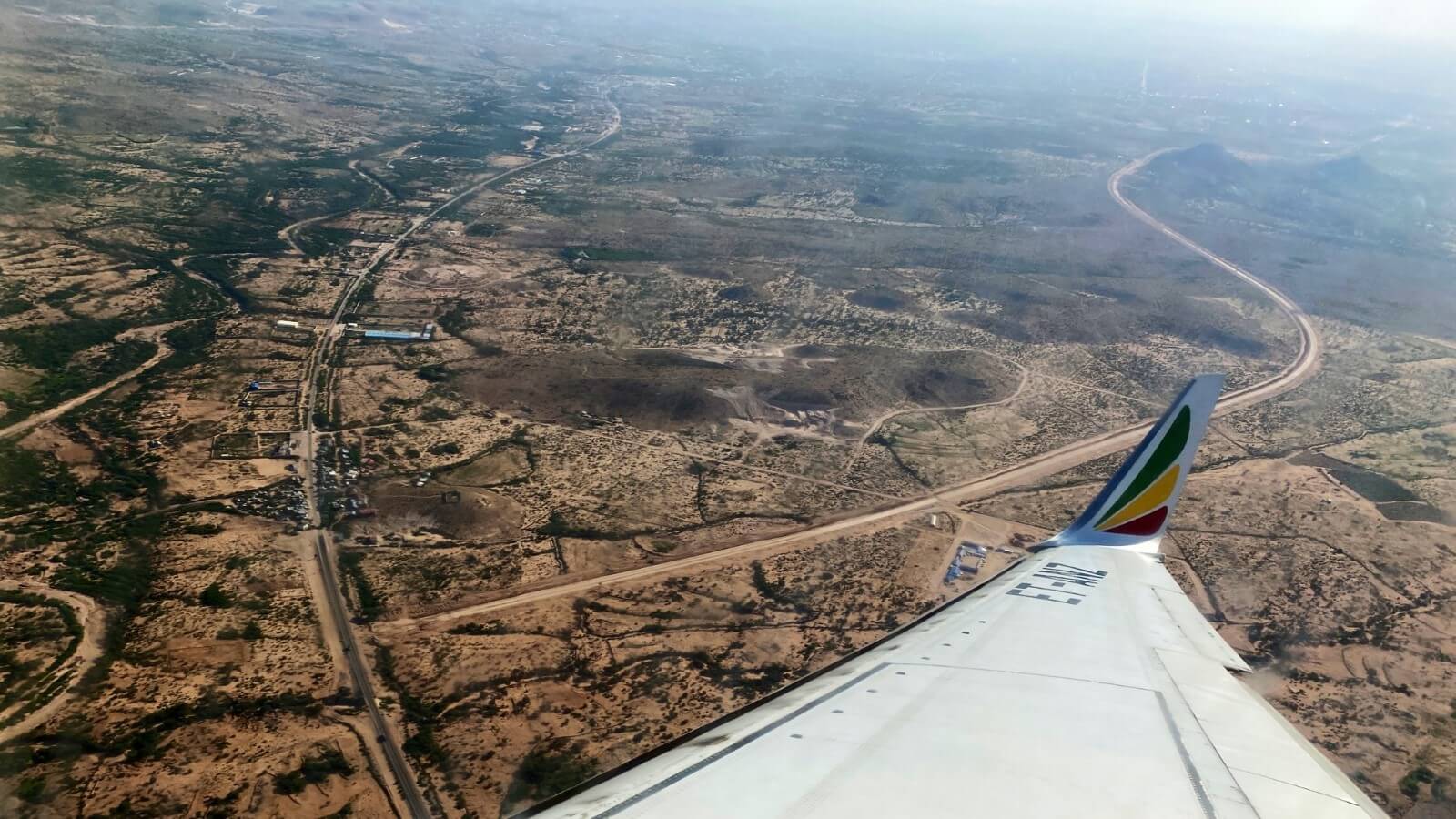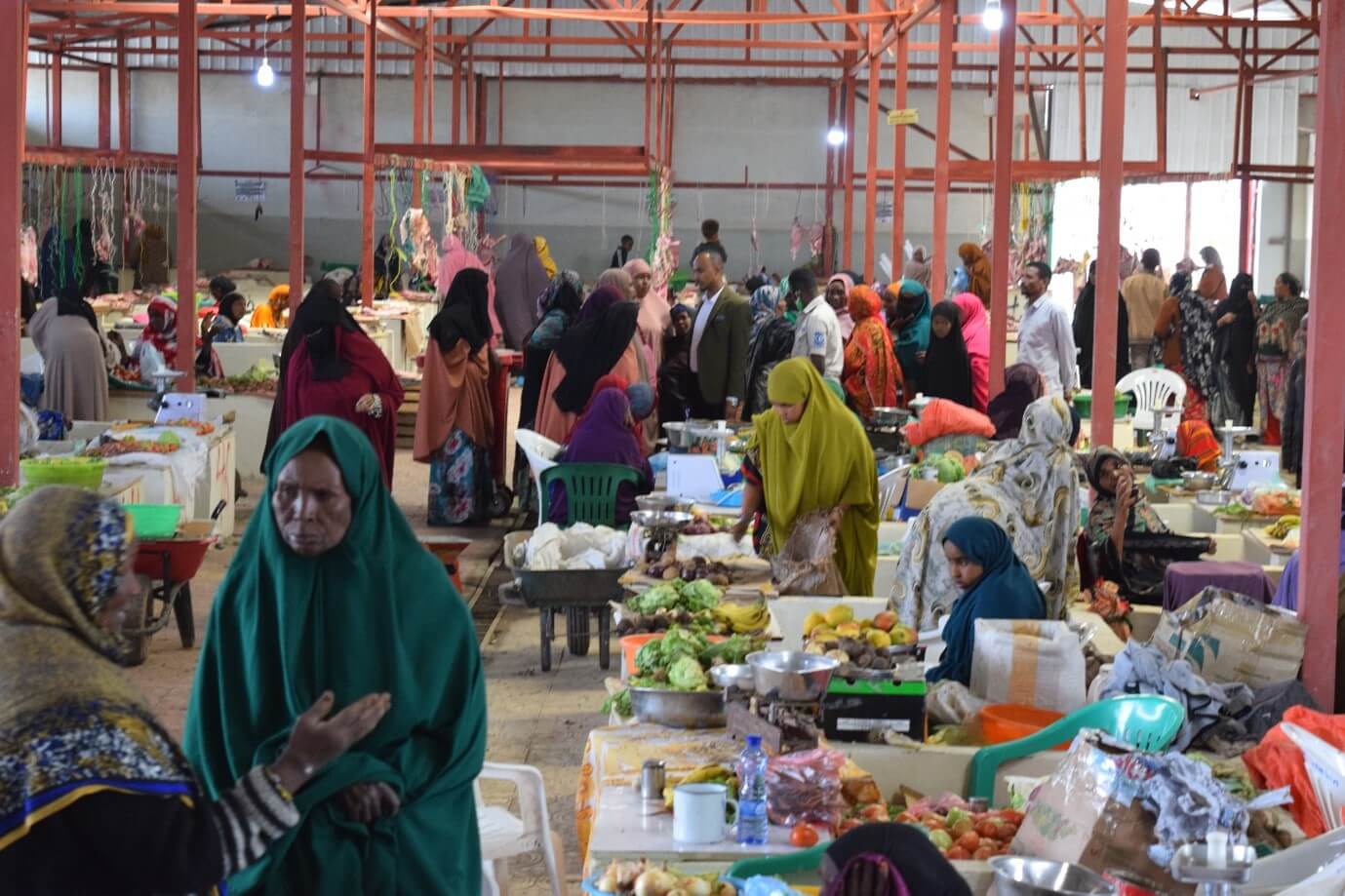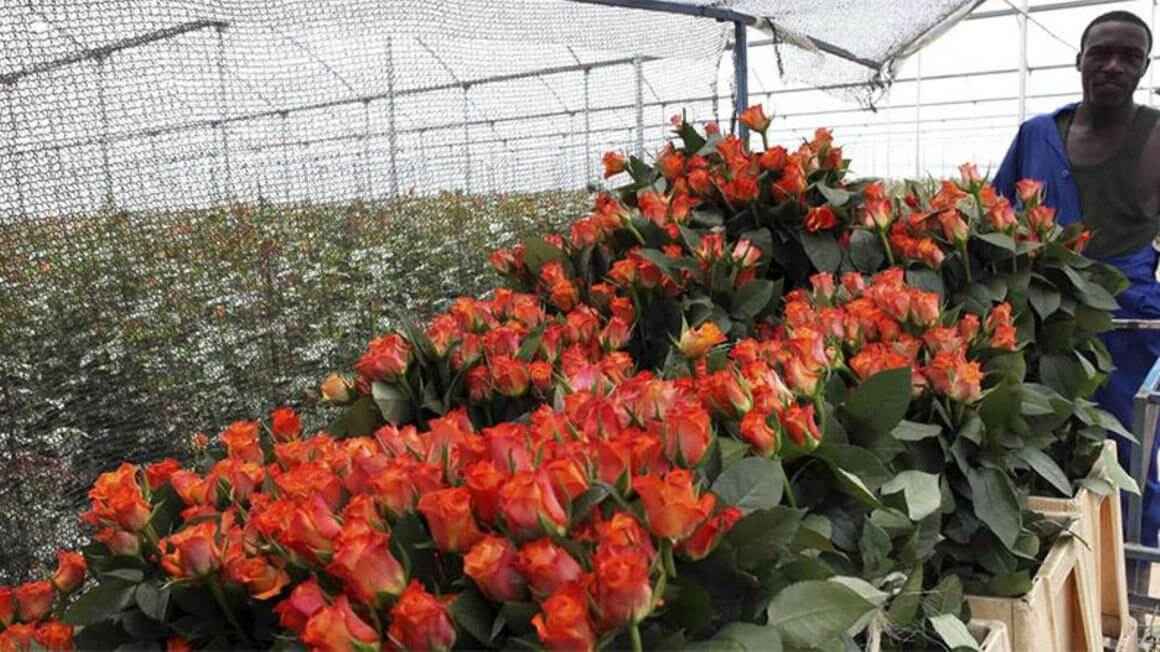Kenya trade agencies, backed by TradeMark Africa (TMA), with funding from international partners like the UK’s Foreign and Commonwealth Development Office (FCDO) in Kenya, are making headway in refining import and export processes. These enhancements are making trade quicker and more cost effective, benefiting traders across the nation and the region. A recent mission assessing the impact of the partnership established. TMA, FCDO Team at the Inland Container Depot in Nairobi on 30th April, 2024 During a recent visit to the Kenya Bureau of Standards (KEBS) and the Inland Container Depot (ICDN) in Nairobi, Officials from TMA and FCDO alongside representatives from KEBS and Kenya Ports Authority, assessed the impact of projects at KEBS laboratories and the Inland Container Depot (ICDN) in Nairobi which are designed to assure product quality and cargo management. The mission noted key achievements over the last five years such as the digitalisation of trade systems. The implementation of the Integrated Customs Management System (iCMS), along with initiatives like the East African Community (EAC) Single Customs Territory, and the Regional Electronic Cargo Tracking System (RECTS) have cut cargo dwell times at the ICDN by over 30%. These upgrades have eased congestion at the Port of Mombasa, facilitating a smoother flow of goods through Kenya’s Northern Corridor. In collaboration with TMA, funded by the FCDO, KEBS implemented the Legal and Regulatory Review and Capacity Development project. Through this, it modernised its laboratories, acquired advanced equipment, and trained staff on market surveillance and SMEs on trust but also...
Kenyan Trade Agencies Enhance Export and Import Efficiency
Posted on: May 6, 2024
Posted on: May 6, 2024

